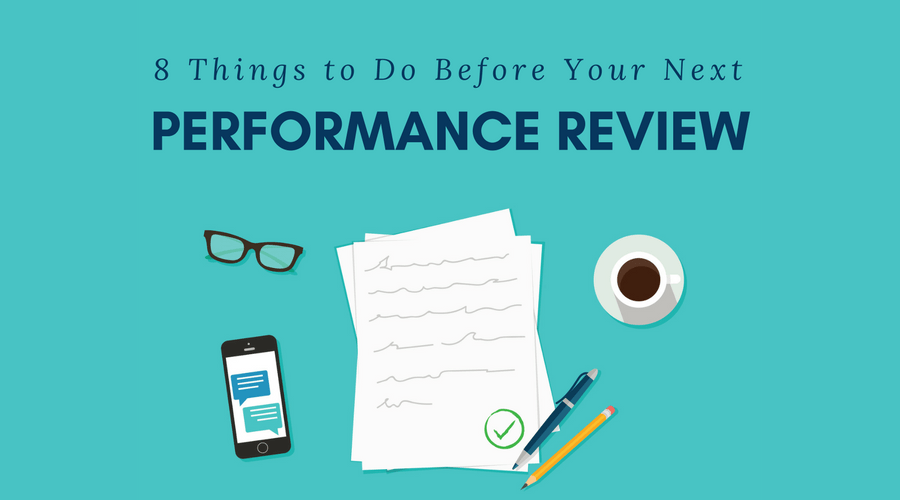Should I Be an Employee or an Independent Contractor?

Are you thinking about working for a small business? You might have to decide whether you want to apply for a job and become an employee, or if you want to do some work for multiple companies as an independent contractor. When you’re deciding whether to become an employee or an independent contractor, choose the option where your talents and expertise will be used more effectively.
Look at the pros and cons of becoming an employee versus becoming an independent contractor to help you decide.
Being an Employee
Being an employee is ideal if you want to work as part of a team.
Pros
- You only have to pay the employee portion of FICA taxes.
- You’ll often have access to great benefits, like health insurance, life insurance, long-term and short-term disability, retirement plans, paid time off, and more.
- If a project fails, you won’t have to deal with the financial consequences.
- You’ll often be able to receive unemployment benefits if you’re laid off or terminated.
- You’ll be able to receive worker’s compensation if you’re injured on the job.
- You’re protected by federal and state wage laws, including minimum wage and overtime laws.
Cons
- All the work you do belongs to the company.
- You’ll usually have to work set hours, with little room for flexibility.
Being an Independent Contractor
Being an independent contractor is ideal if you want to make decisions by yourself and work (mostly) when you want to.
Pros
- You’ll be able to deduct business expenses from your taxes.
- As long as you meet deadlines, you can usually work when (and where) you want.
- You can negotiate pay rates and payment schedules for each job you take.
- You’ll be able to work for multiple people or companies at once.
Cons
- You’ll have to pay the higher self-employment tax rate because you’ll pay both the employee and employer portions of FICA taxes.
- If something goes wrong with a project, you’ll have to deal with the financial consequences.
- As an independent contractor, you have no guarantee of income – you don’t get a regular paycheck, and the money can stop anytime.
- If you want certain benefits, like health insurance or life insurance, you’ll have to get it on your own, which can cost a lot of money.


